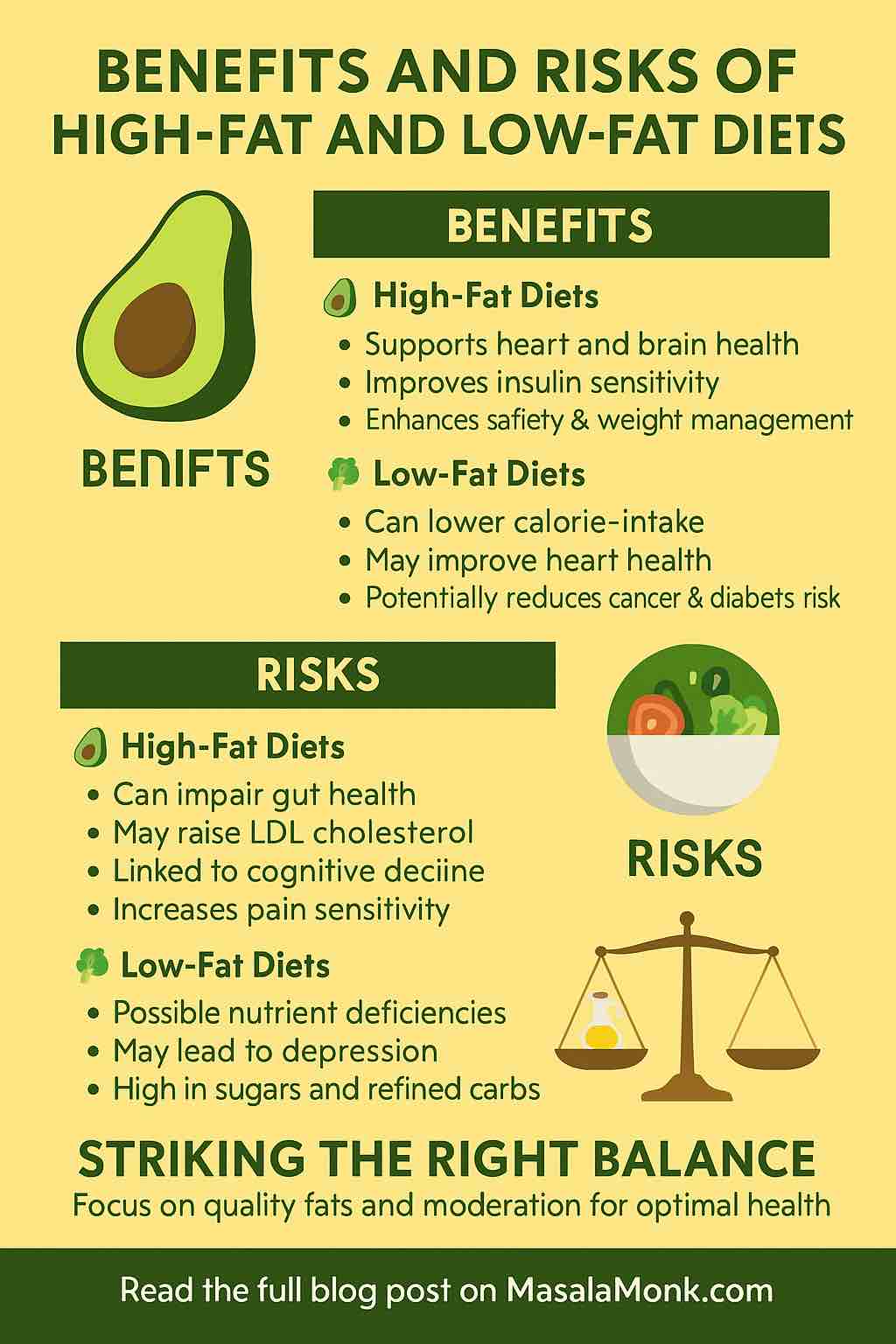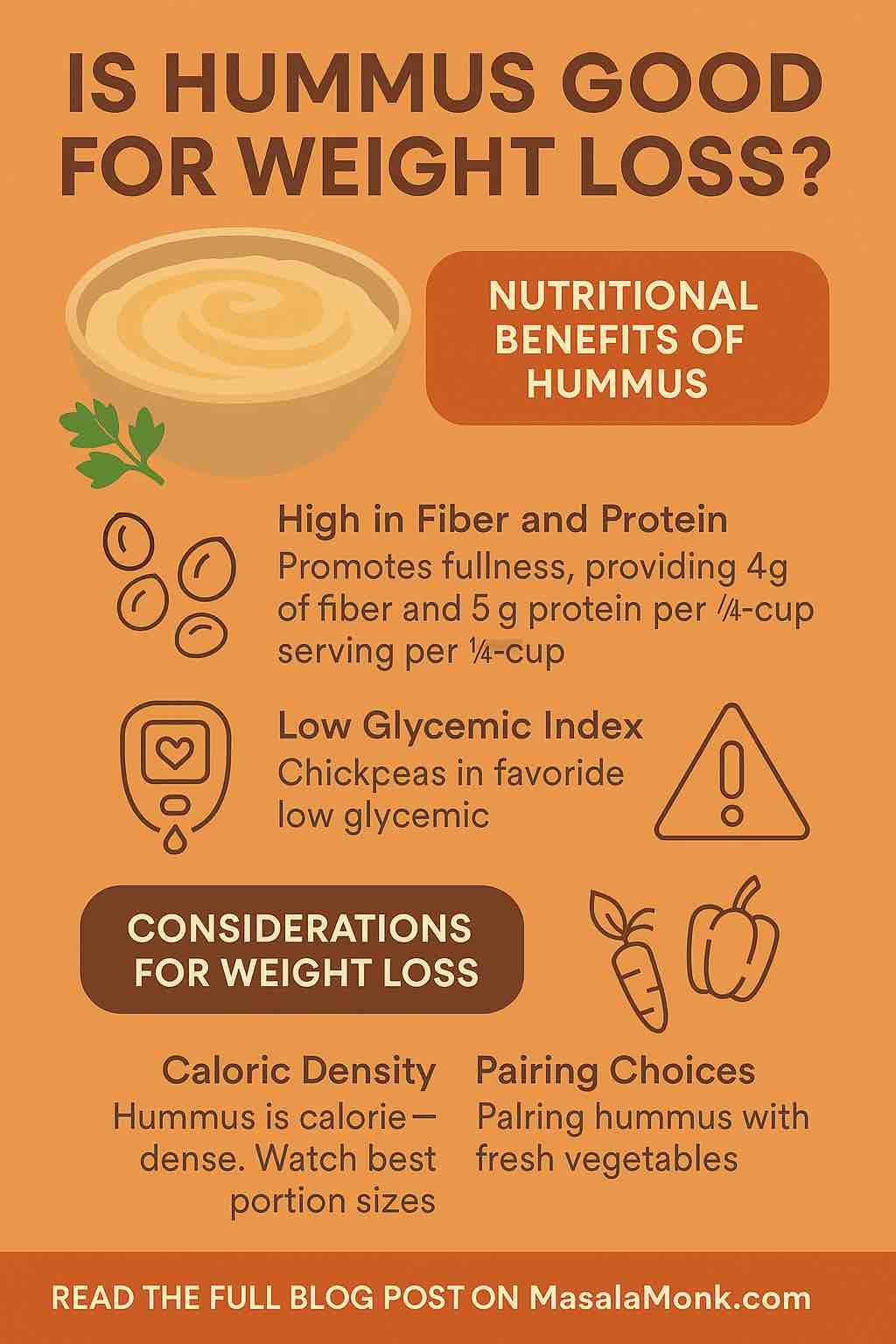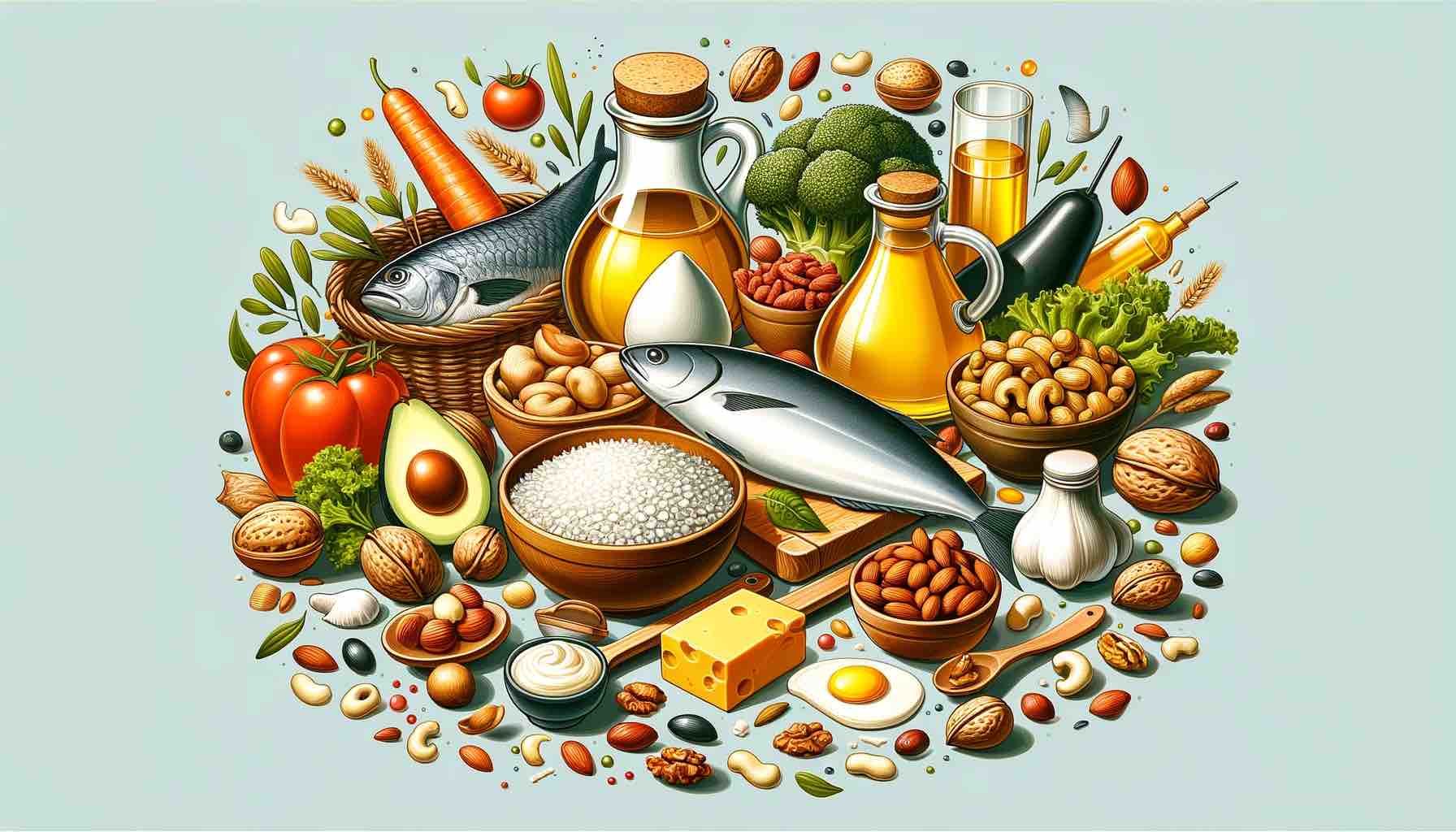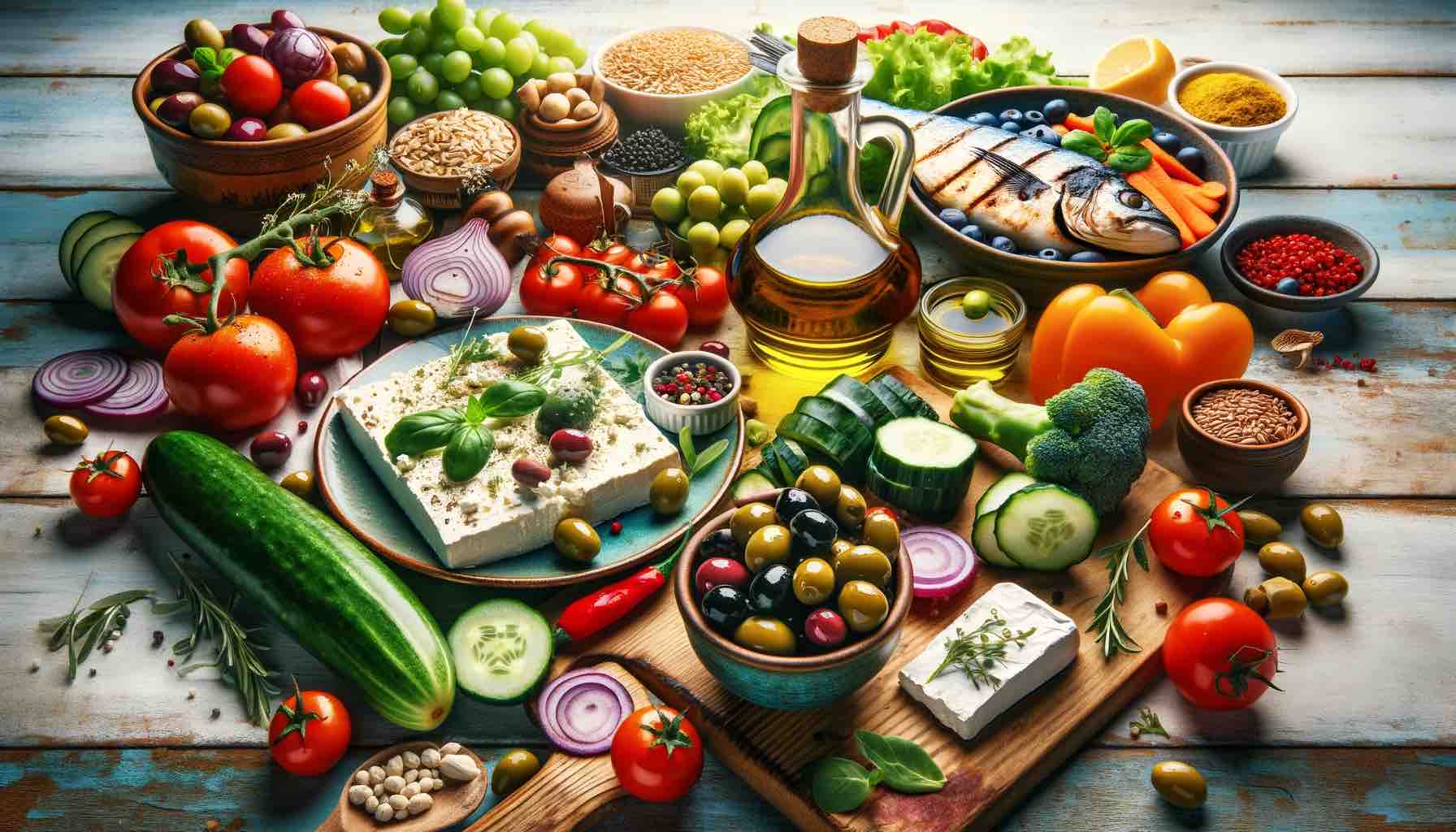
The Mediterranean diet often hailed as the epitome of healthful eating, finds its roots in the sun-drenched coastal regions of Southern Europe. This diet, rich in flavors and traditions, is not just a fleeting trend but a testament to the age-old culinary practices of countries like Italy, Greece, and Spain. Beyond its delectable dishes, the Mediterranean diet is revered for its myriad health benefits, from promoting heart health to aiding in weight management. In this guide, we’ll journey through the heart of the Mediterranean, exploring its key components, delicious foods, and the secrets behind its global acclaim.
Understanding the Basics
What is the Mediterranean Diet?
The Mediterranean diet transcends the boundaries of a mere dietary regimen. It’s a reflection of a lifestyle, a culture, and a history that spans thousands of years. At its core, this diet embodies the culinary traditions of the Mediterranean basin, particularly those of its coastal regions.
Historically, the Mediterranean region has been a melting pot of cultures, from the Phoenicians to the Romans. This rich tapestry of civilizations has bequeathed a diverse culinary heritage. The Mediterranean diet, therefore, is not a monolithic entity but a confluence of varied eating habits from across these countries. Yet, amidst this diversity, there’s a common thread: a focus on fresh, local, and seasonal produce, complemented by healthy fats, lean proteins, and a generous sprinkle of herbs and spices.
What is Mediterranean Food?
When one thinks of Mediterranean cuisine, images of olive groves, sun-ripened tomatoes, and bustling fish markets come to mind. It’s a cuisine that celebrates the bounties of the land and sea, turning simple ingredients into gastronomic delights.
Here’s a glimpse into the essence of Mediterranean food:
- Olive Oil: Often dubbed as “liquid gold,” olive oil is the cornerstone of Mediterranean cooking. Cold-pressed and unrefined, extra virgin olive oil not only imparts a rich flavor to dishes but also boasts a plethora of health benefits.
- Fresh Produce: Mediterranean meals are a riot of colors, thanks to the abundance of fresh fruits and vegetables. From juicy tomatoes, crisp bell peppers, and leafy greens to citrus fruits, figs, and grapes, the emphasis is on variety and seasonality.
- Whole Grains: Far from the refined grains of fast-food cultures, the Mediterranean diet celebrates whole grains. Think barley salads, farro soups, and whole wheat pita bread.
- Lean Proteins: The Mediterranean sea, with its azure waters, offers a treasure trove of seafood. Fish, especially fatty varieties like salmon and mackerel, feature prominently in the diet. Additionally, legumes, nuts, and poultry provide protein without the saturated fats of red meats.
- Herbs and Spices: Mediterranean food is aromatic, with a generous use of herbs like basil, rosemary, and oregano. Spices like saffron, paprika, and cumin add depth and complexity to the dishes.
Benefits of the Mediterranean Diet
The Mediterranean diet isn’t just about tantalizing the taste buds; it’s a holistic approach to health and well-being. Its benefits have been researched extensively, making it one of the most recommended diets by nutritionists and health professionals worldwide.
What is the Mediterranean Diet Good For?
- Heart Health: The diet’s emphasis on olive oil, fatty fish, and nuts, all rich in heart-healthy fats, has been linked to reduced risk factors for cardiovascular diseases. Studies have shown that adherents of the Mediterranean diet have a lower risk of heart attacks and strokes.
- Weight Management: The focus on whole foods, fiber-rich grains, and legumes can help regulate appetite and prevent overeating. Many find that they can maintain a healthy weight without rigorous calorie counting.
- Brain Health: The antioxidants and anti-inflammatory compounds in the diet may protect against neurodegenerative diseases. Some research suggests a link between the Mediterranean diet and reduced risk of Alzheimer’s disease.
- Longevity: Regions in the Mediterranean, particularly places like Sardinia in Italy and Ikaria in Greece, are known for their high number of centenarians. The diet, combined with an active lifestyle and strong community bonds, is believed to contribute to longevity.
- Digestive Health: The high fiber content from grains, fruits, and vegetables promotes a healthy gut, aiding digestion and reducing the risk of gastrointestinal diseases.
The Core Components of the Mediterranean Diet
What Foods are Central to the Mediterranean Diet?
The Mediterranean diet is a harmonious blend of flavors, textures, and nutrients. While it draws from various regional cuisines, certain foods and ingredients stand out as central pillars:
- Olive Oil: Revered for its heart-healthy monounsaturated fats, olive oil is more than just a cooking medium in the Mediterranean diet. It’s a flavor enhancer, a salad dressing, and even a dip for fresh bread. The antioxidants in olive oil, particularly extra virgin varieties, have been linked to numerous health benefits.
- Fish: The Mediterranean Sea, a rich source of marine life, provides an abundance of fish. Fatty fish like salmon, sardines, and mackerel are especially prized for their omega-3 fatty acids, which support cardiovascular health.
- Whole Grains: The Mediterranean diet shuns refined grains in favor of their whole counterparts. Grains like couscous in North Africa, bulgur in Turkey, and farro in Italy are staples, providing essential nutrients and dietary fiber.
- Fresh Produce: A Mediterranean meal is incomplete without a plethora of vegetables and fruits. These not only add color and flavor but also supply vital vitamins, minerals, and antioxidants. Think of Greek salads brimming with tomatoes, cucumbers, and olives or Spanish gazpacho, a cold soup made from ripe tomatoes and bell peppers.
What Does a Typical Mediterranean Meal Look Like?
Mediterranean meals are a testament to the region’s culinary richness. They’re balanced, flavorful, and often shared with loved ones.
- Breakfast: A typical Mediterranean breakfast might include a bowl of Greek yogurt drizzled with honey and topped with fresh fruits and nuts. In some regions, a slice of whole-grain bread with olive tapenade or tomato bruschetta might be preferred.
- Lunch: Lunch is often a hearty affair. It could be a Lebanese tabbouleh salad, an Italian pasta with fresh tomato sauce, or a Moroccan lentil soup. Accompanied by fresh bread, olives, and perhaps a slice of cheese, it’s a meal that satiates without inducing lethargy.
- Dinner: Dinners are lighter but no less flavorful. Grilled fish seasoned with herbs, a side of roasted vegetables drizzled with olive oil, and perhaps a quinoa salad with fresh herbs and feta cheese.
- Snacks: Snacking is an art in the Mediterranean. Instead of processed chips or sweets, think of hummus with carrot sticks, a handful of roasted almonds, or a slice of watermelon on a hot day.
The beauty of the Mediterranean diet lies not just in its ingredients but in its philosophy. It’s about savoring each bite, enjoying meals with family and friends, and listening to one’s body. As we proceed, we’ll delve into the foods to embrace, those to avoid, and the unique variations of this diet that have emerged over time. Join us on this gastronomic journey!
Foods to Embrace and Avoid
The Mediterranean diet is as much about what you eat as it is about what you avoid. While it’s abundant in fresh, natural ingredients, certain foods are consumed in moderation or reserved for special occasions.
What Foods Are Allowed on the Mediterranean Diet?
The Mediterranean diet is a celebration of nature’s bounty. Here’s what’s typically on the menu:
- Vegetables and Fruits: From leafy greens to vibrant bell peppers and juicy fruits, these are the stars of the Mediterranean plate. They’re consumed in abundance, providing essential nutrients and antioxidants.
- Whole Grains: Instead of refined grains, the focus is on whole grains like barley, millet, and oats. These provide sustained energy and are rich in fiber.
- Legumes: Beans, lentils, chickpeas, and other legumes are protein-rich staples that also offer a good dose of fiber.
- Nuts and Seeds: Almonds, walnuts, flaxseeds, and more are consumed regularly, albeit in moderation due to their high-calorie content.
- Dairy: While dairy is included, it’s typically in the form of fermented products like yogurt and cheese, especially feta and halloumi.
- Fish and Poultry: These are the primary sources of animal protein, with red meat being a rare indulgence.
- Wine: Yes, wine, especially red, is often enjoyed with meals but in moderation.
What Foods Are Not Allowed on the Mediterranean Diet?
While “not allowed” might be too strict a term, certain foods are best limited in the Mediterranean diet:
- Red Meats: While not completely off the menu, red meats like beef and lamb are consumed sparingly.
- Processed Foods: Anything that comes in a box with a long list of ingredients, especially those hard to pronounce, is typically avoided.
- Added Sugars: Desserts are often fruit-based, with added sugars and sweet treats reserved for special occasions.
- Refined Oils: Instead of oils laden with trans fats, the emphasis is on natural, cold-pressed oils, especially olive oil.
Special Variations of the Mediterranean Diet
The Mediterranean diet, while rooted in tradition, has seen variations emerge over time, adapting to new research, regional preferences, and sustainability concerns.
What is the Green Mediterranean Diet?
This is a relatively new twist on the classic Mediterranean diet. The “Green” version emphasizes even more plant-based foods and reduces meat intake. It incorporates green tea and avoids red meat entirely, focusing on plant-based protein sources. Preliminary studies suggest that the Green Mediterranean diet might offer enhanced health benefits, especially concerning cholesterol levels and metabolic health.
The Mediterranean diet’s adaptability and focus on whole foods make it a timeless choice for those seeking both flavor and health. As we delve deeper, we’ll explore the myriad health benefits this diet offers and provide practical tips for those eager to embark on this culinary journey. Stay tuned!
Starting Your Mediterranean Journey
Embracing the Mediterranean diet is not about strict rules but about savoring fresh, natural foods and enjoying the process of cooking and eating.
What to Eat on the Mediterranean Diet: A Sample Meal Plan
- Breakfast: Start your day with a bowl of oatmeal topped with mixed berries, a drizzle of honey, and a sprinkle of chopped nuts. Pair it with a glass of orange juice or a cup of green tea.
- Lunch: Enjoy a vibrant salad made of mixed greens, cherry tomatoes, cucumber, olives, and feta cheese. Dress with olive oil and lemon juice. Accompany it with a slice of whole-grain bread.
- Dinner: Prepare a simple grilled fish seasoned with herbs and garlic. Serve with a side of roasted vegetables and quinoa.
- Snacks: Opt for a handful of almonds, carrot sticks with hummus, or a piece of fresh fruit.
Mediterranean Diet for Beginners: Recommended Books and Cookbooks
If you’re new to the Mediterranean diet, immersing yourself in its culinary world can be both exciting and overwhelming. Here are some recommended resources:
- “The Complete Mediterranean Cookbook” by America’s Test Kitchen: A comprehensive guide with over 500 tested recipes.
- “Mediterranean Diet for Dummies” by Rachel Meltzer Warren: A beginner-friendly introduction to the diet’s principles, benefits, and recipes.
- “Olive, Lemons & Za’atar” by Rawia Bishara: Dive deep into the flavors of the Middle East, one of the regions integral to the Mediterranean diet.
As you embark on this Mediterranean journey, remember that it’s more than just a diet; it’s a lifestyle. It’s about relishing each meal, understanding the source of your ingredients, and most importantly, enjoying the process. Stay with us as we continue to explore more facets of this enriching diet in the upcoming sections.
Common Questions and Misconceptions
The Mediterranean diet, while popular, often comes with its share of questions and myths. Let’s address some of the most common ones:
Is the Mediterranean Diet Just Another Fad Diet?
No, the Mediterranean diet is rooted in centuries-old traditions and eating habits of people from the Mediterranean region. Its benefits are well-researched, making it a sustainable and healthful choice.
Can I Drink Alcohol on the Mediterranean Diet?
Yes, but in moderation. Wine, especially red, is often enjoyed with meals. However, it’s essential to consume it responsibly and in moderation.
Do I Have to Give Up Meat Entirely?
Not at all. While the diet emphasizes fish and poultry, red meat can be enjoyed occasionally. The key is moderation and opting for lean cuts.
Is the Diet Expensive?
While some ingredients like fresh fish and olive oil can be pricier, there are plenty of affordable staples like legumes, grains, and seasonal produce. Plus, reducing processed foods can offset some of these costs.
Conclusion
The Mediterranean diet is a celebration of fresh, natural ingredients, time-honored traditions, and a balanced approach to eating. It’s not just about food but a holistic lifestyle that emphasizes the joy of communal meals, the importance of physical activity, and the serenity of mindfulness.
Whether you’re looking to improve your health, manage your weight, or simply enjoy delicious, wholesome meals, the Mediterranean diet offers a treasure trove of benefits. It’s a journey of flavors, textures, and well-being.
Call to Action (CTA)
Inspired to embrace the Mediterranean way of life? Start by trying out a simple recipe, exploring a local farmer’s market for fresh produce, or sharing this guide with friends and family. Every journey begins with a single step, and the Mediterranean diet is a step towards a healthier, more flavorful life. Share your experiences, recipes, and stories with us in the comments below!
Remember, the essence of the Mediterranean diet lies in its simplicity, freshness, and the joy of savoring every bite. Here’s to good health and great food! Cheers!
Frequently Asked Questions (FAQs) about the Mediterranean Diet
1. What makes the Mediterranean Diet different from other diets?
The Mediterranean Diet stands out due to its emphasis on whole foods, healthy fats, and a balanced approach to eating. It’s not just a diet but a lifestyle that incorporates regular physical activity, communal meals, and a focus on mental well-being. Rooted in centuries-old traditions, it’s a sustainable choice backed by extensive research.
2. How does the Mediterranean Diet benefit heart health?
The diet is rich in heart-healthy fats from sources like olive oil, nuts, and fatty fish. These ingredients, combined with a reduced intake of processed foods and red meats, contribute to improved cholesterol levels, reduced inflammation, and overall better cardiovascular health.
3. Can I incorporate the Mediterranean Diet into a vegetarian or vegan lifestyle?
Absolutely! The Mediterranean Diet is inherently plant-forward, with a plethora of vegetables, fruits, grains, and legumes. While traditional versions include fish and dairy, it’s easy to adapt the diet to vegetarian or vegan preferences without losing its essence.
4. How does the Mediterranean Diet support weight management?
By emphasizing whole foods, healthy fats, and fiber-rich ingredients, the Mediterranean Diet promotes satiety, helping to regulate appetite. Moreover, by reducing the intake of processed foods and sugars, it aids in maintaining a balanced calorie intake.
5. Are there any foods strictly off-limits in the Mediterranean Diet?
While the Mediterranean Diet is inclusive, it encourages moderation. Processed foods, added sugars, and trans fats are generally avoided. However, the focus is on balance rather than strict restrictions.
6. How can I start incorporating the Mediterranean Diet into my daily routine?
Begin by introducing more whole grains, fresh produce, and healthy fats into your meals. Opt for olive oil over butter, snack on nuts and fruits, and prioritize fish over red meat. Over time, these small changes can lead to a complete embrace of the Mediterranean lifestyle.
Blog Tags:
Mediterranean Diet, Heart Health, Healthy Eating, Weight Management, Olive Oil Benefits, Whole Foods, Sustainable Diets, Mediterranean Cuisine, Plant-Based Eating, Balanced Diet, Lifestyle Choices, Nutritional Benefits, Traditional Foods, Seafood, Fresh Produce, Healthy Fats, Culinary Traditions, Diet and Well-being, Mediterranean Recipes, Diet Transition.














